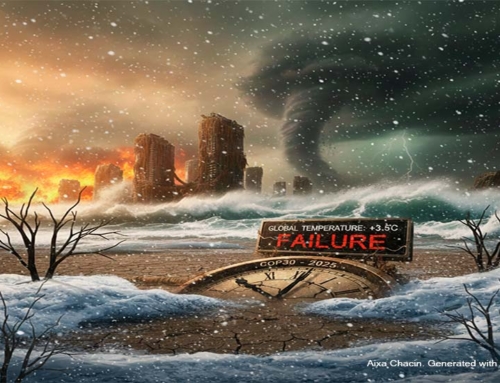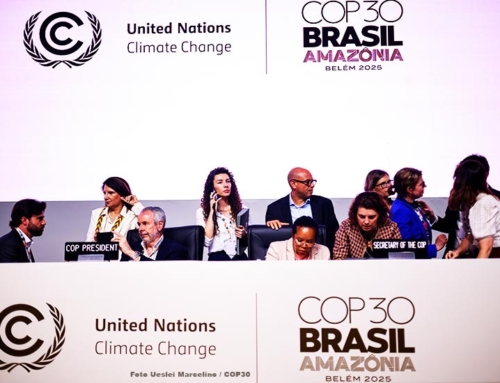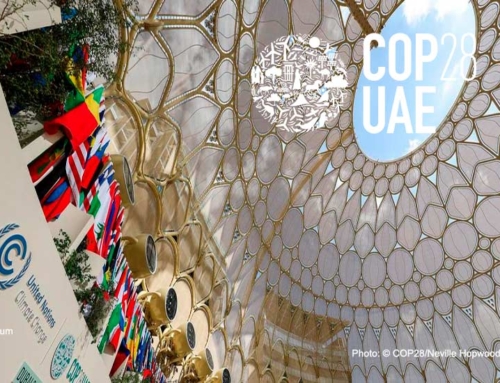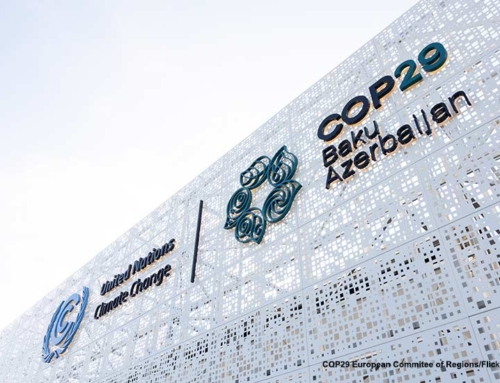Climate change advances faster than the human understanding of the Earth crisis or the slow change in attitude of the main causes of the problem.
Our proposal
What should be done after a quarter of a century of annual meetings of the COP, climate conferences of very good intentions but very poor results?
In the SGK-PLANET opinion we must continue to trust in the UN, the COP and the Paris Agreement. But from this year 2020 the fight against climate change must take a drastic and unprecedented turn, oriented towards new forms, new procedures and new actors.
Our proposal is focused on the energy transition, which is just one of the many challenges that must be faced for the benefit of life on the planet. However, elimination of a high percentage of use of fossil fuels, in 10 years, would be an important victory for humankind.
The energy transitions
The proposal would allow us to move more rapidly towards the new objectives, which should be urgently defined and reflected in a schedule for the next ten years. For example, a good objective would be to achieve by 2030 that 75% of land transport was based on electromobility.
The goals of the decade
Electromobility is one of the most important components in the energy transition and the fight against climate change.
To begin, the UN would prepare meetings with the 15 or20 largest car manufacturers in the world, either all together, in groups or individually. The objective would be to achieve an individual agreement with the different brands.
Each brand would have to present a roadmap to reach the Goal of the Decade. If everything goes according to plan, by 2030 75% of land transport would be based on electromobility. It would be an immense step in the fight against climate change that three quarters of the vehicles on the roads of the world are electric.
This should not be so difficult, since changing 75% of the global automotive fleet would be a business opportunity never seen for the sector. If one of the manufacturers took the lead, the others would try to achieve it so as not to lose their share of the market, which would benefit electromobility.
The advantages of tangible goals, partial results, and wide vision
Each car and other electric transport manufacturer should present a plan to achieve their 75% goal. This plan or agreement should show the annual objectives to reach the goal of the decade. The partial results would be presented to the UN every year. The Organization would be responsible for validating the results. In recognition of their efforts, governments could grant tax breaks and other incentives to help manufacturers meet their share of the goal of the decade.
Finally, the UN would consolidate the individual results and thus have an annual overview of the situation. So that corrections could be made if necessary. This, through a simple metric that would allow you to easily evaluate the performance of each manufacturer and the group as a whole.
The specific figures would facilitate the monitoring and control of the goal of the decade, as opposed to accounting for the climate ambition of the 197 signatory countries of the Paris Agreement, something much more cumbersome, if not impossible.
Wind power and solar energy
These two sectors are also fundamental in the fight against climate change. For them, our proposal is similar to that of vehicle assembly plants: the goal of the decade would be for 75% of the electricity generated in the world to be clean.
Like car manufacturers, the UN would have to hold annual meetings with both sectors, in order to review the goals that each factory has set and compare them with their results.
The idea is to multiply the production of wind turbines and photovoltaic solar panels over the next ten years, to cover the goal of the decade. If this is achieved, by 2030 most homes, offices and businesses would have clean energy and there would be a significant fall in the global carbon footprint.
The consumer’s transition to electromobility
Each country should help its citizens to change the internal combustion cars for electric cars. Through special credit conditions, everyone could be part of the energy transition. At this point, banks and financial institutions would have an important role to play. So that even consumers of lower resources could migrate to electromobility. Climate Financing operations could enjoy tax incentives for banks that make these kinds of transactions.
The transition from developing countries to electromobility
The installation of electricity stations or recharging points, in some countries should be carried out or financed by governments. The International Monetary Fund and the World Bank would have an important role in this regard.
Conclusions
The new strategy that we have presented regarding the energy transition is simple to monitor, measure and adjust, since these are tangible figures and the intervention of few interlocutors. In addition, manufacturers of cars, wind turbines and solar panels are men of action, which would facilitate negotiations and the progress of agreements.
That is why we believe that our proposal is perfectly viable within the established period. If the objectives are met, we will have reached three quarters of the energy transition and in just ten years we would have a better planet.
Sandor Alejandro Gerendas-Kiss







Leave A Comment